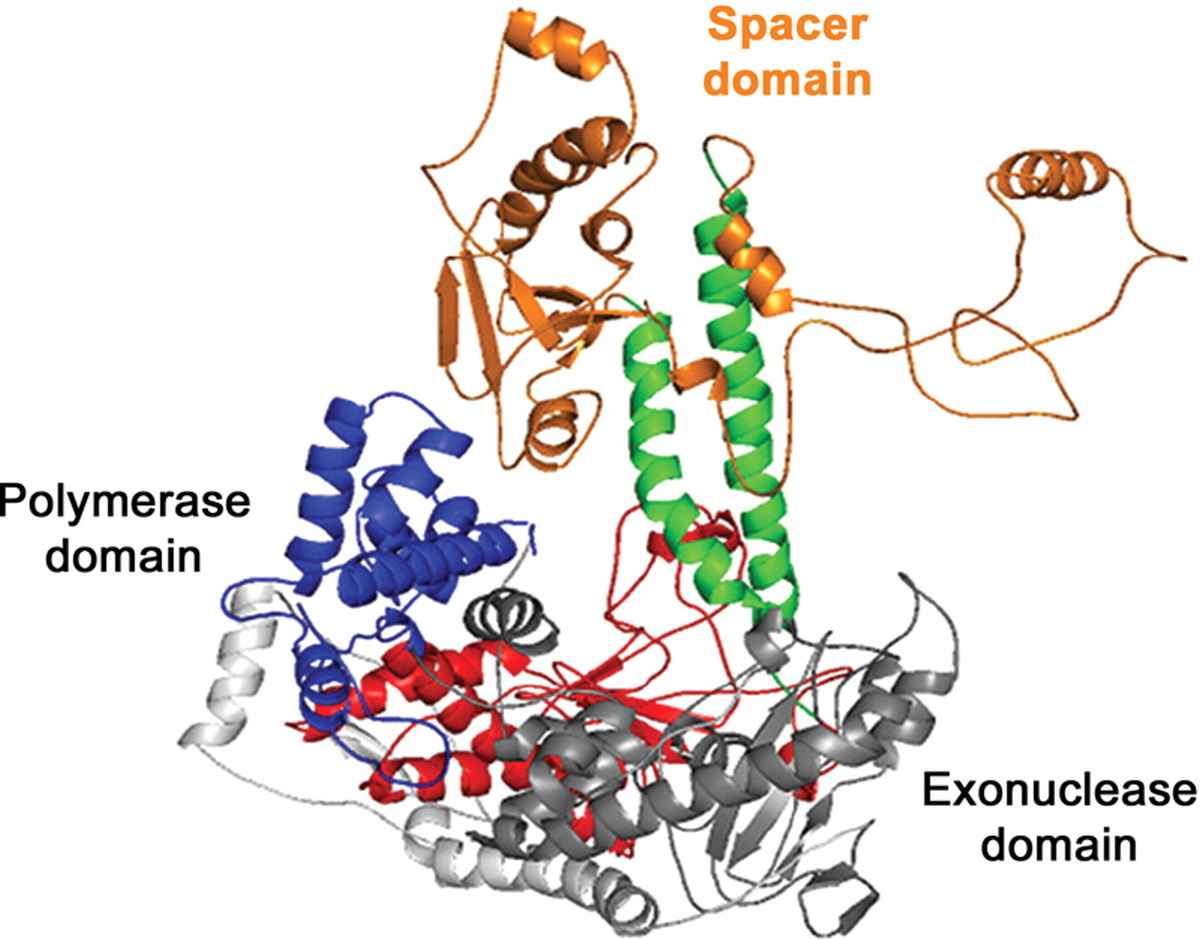On March 1, 2025, Prince Frederik of Luxembourg tragically passed away in Paris at just 22 years old after a prolonged fight against POLG mitochondrial disease. His family later confirmed the news, highlighting his courageous battle with this rare genetic condition. Diagnosed at the age of 14, Frederik dedicated himself to raising awareness and founded The POLG Foundation in 2022. The foundation continues his mission to fund research and increase understanding of POLG disease, a disorder that leads to progressive multi-organ failure.
Understanding POLG Mitochondrial Disease
POLG mitochondrial disease is a genetic disorder resulting from mutations in the POLG gene. This gene plays a critical role in mitochondrial DNA replication, ensuring proper cellular energy production. When defective, it leads to severe health complications.
Key characteristics include:
- Impaired energy production at the cellular level
- Progressive multi-organ dysfunction
- Symptoms such as muscle weakness, seizures, and liver problems
- Difficulty in early diagnosis due to its diverse manifestations
Symptoms and Diagnosis
POLG disease presents with a broad spectrum of symptoms, ranging from mild to life-threatening. Some of the most common signs include:
- Muscle weakness and coordination difficulties
- Neurological decline, including seizures
- Vision impairment and liver dysfunction
Due to its varied presentation, diagnosis is often delayed. Many patients go undiagnosed until the disease has significantly progressed, making timely intervention difficult.
Current Challenges in Treatment
Managing POLG mitochondrial disease remains a significant challenge. Since the condition affects multiple organ systems, each patient’s experience varies based on their specific genetic mutation.
- No known cure – Current treatments focus solely on symptom management.
- Progressive nature – The disease worsens over time, complicating care strategies.
- Supportive care – Treatment primarily involves therapies to improve quality of life and manage symptoms.




